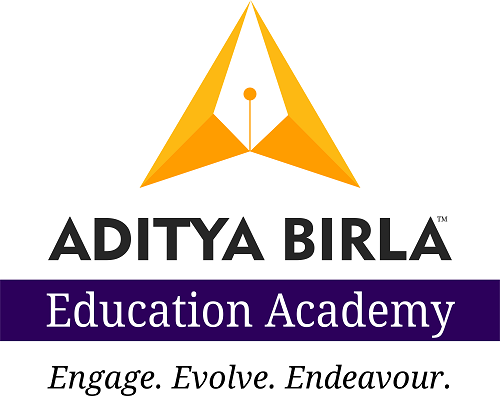India has had a time-honoured tradition of venerating teachers. In ancient times, it was customary for a student to repay his teacher for the knowledge and guidance imparted to him by way of a 'guru-dakshina'.
Teaching is without doubt the noblest of all professions. To nurture the curiosity, the growth and the inherent talents of bright young minds is in its own way - service to society. Especially at the primary and secondary education levels, it is a profession that shapes the minds and ignites the imaginations of future generations.
In the recent past, however, teaching has been bogged down by a system that has laid excessive emphasis on examination results. The mindset of teachers was forced to become - know your subject, follow the curriculum and prepare students for their exams.
But the world is growing smaller by the day in this digital age. The power of the internet and the social media is uniting mindsets and standardising processes like never before. It is only fitting that the processes and trends of education are changing rapidly and constantly.
Our booming education system now needs to focus on synchronizing our age-old traditions of academic excellence with the modern, thinking-oriented global processes of education. It is crucial that India's education system has highly-motivated and comprehensively-trained new-age educators, who can be the guiding light to an entire generation of young minds.
Only with knowledge and imagination can humanity evolve. But as we evolve, those who impart knowledge must evolve as well.
Now, there are highly-specialized education academies (both - classroom-oriented and online) with comprehensively-structured modules of training that can help teachers acquire the cutting-edge skills and innovative tools of 21st century education. Collaborations on educational practices and exchange programs with institutions around the world can also be excellent processes for teachers to evolve. We need our teachers to become out-of-the-box thinkers who can execute their decisive roles far more effectively.
It is a teacher who holds the key to unlocking all the remarkable potential within each student. And therefore, a teacher's job is not only to impart knowledge and encourage creativity, but also to imbibe values and disciplines and look after each student's emotional well-being.
Children and young adults have fragile eco-systems that are easily afflicted by behavioural, emotional, learning or mental disorders. Our teachers must have the requisite skills to recognize signs of emotional or mental health issues in their students.
The processes by which we prepare our teachers for 21st century education must also focus on their mental well-being and on elevating their emotional intelligence, giving them the ability to understand, control and express their emotions better and handle inter-personal relationships, especially with their students, more empathetically.
Perhaps, educational institutions themselves could sponsor this professional and personal evolution of their teachers. The learnings can then be shared within the institutions, forming a self-sustaining training chain.
Traditionally-speaking, teaching as a profession has not been financially lucrative, except for those who impart private tuitions or run coaching classes. It is high time we augment the salaries of teachers to a much more dignified level, in consideration of their invaluable contribution to society.
It is time to 'invest' in our teachers and give them impetus to pursue their ambitions and fast-track their career growths. We need to empower them. We need to enhance their skill sets to global levels. We need to help them become the best, most passionate knowledge-givers they can be.
Neerja Birla is the Founder & Chairperson, Aditya Birla Education Trust
Article link
Image source-Google







